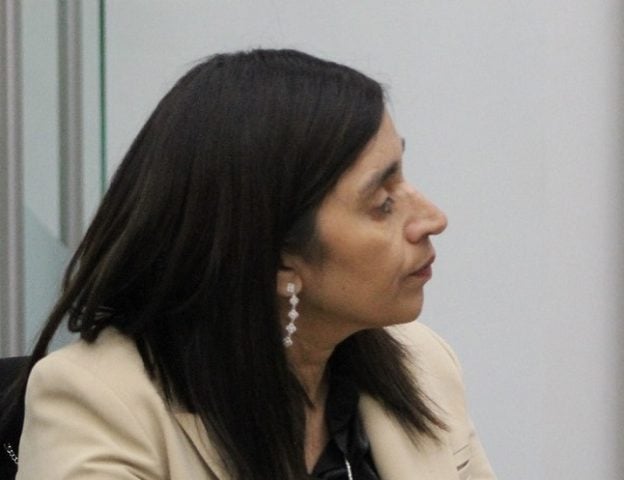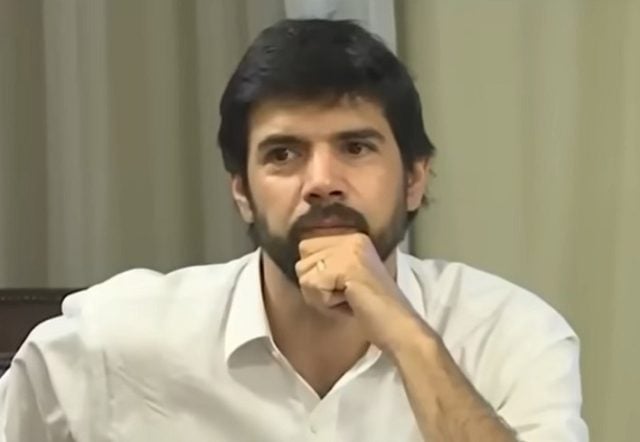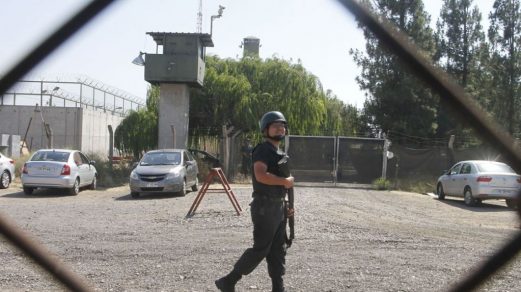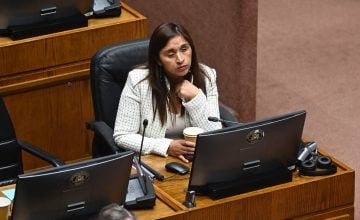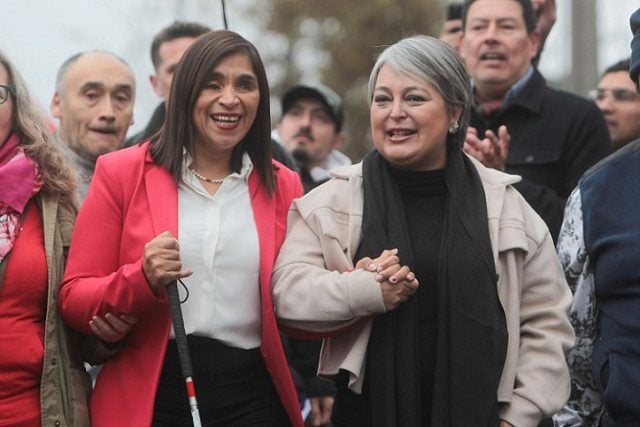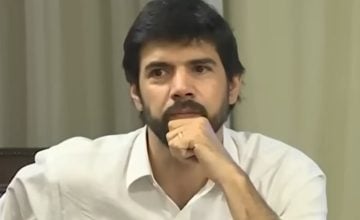Original article: Senadora Campillai a seis años del 18-O: “Avanzar hacia una política desde abajo”
Senator Fabiola Campillai: «The State Has Abandoned the Victims of Repression During the Social Outburst»
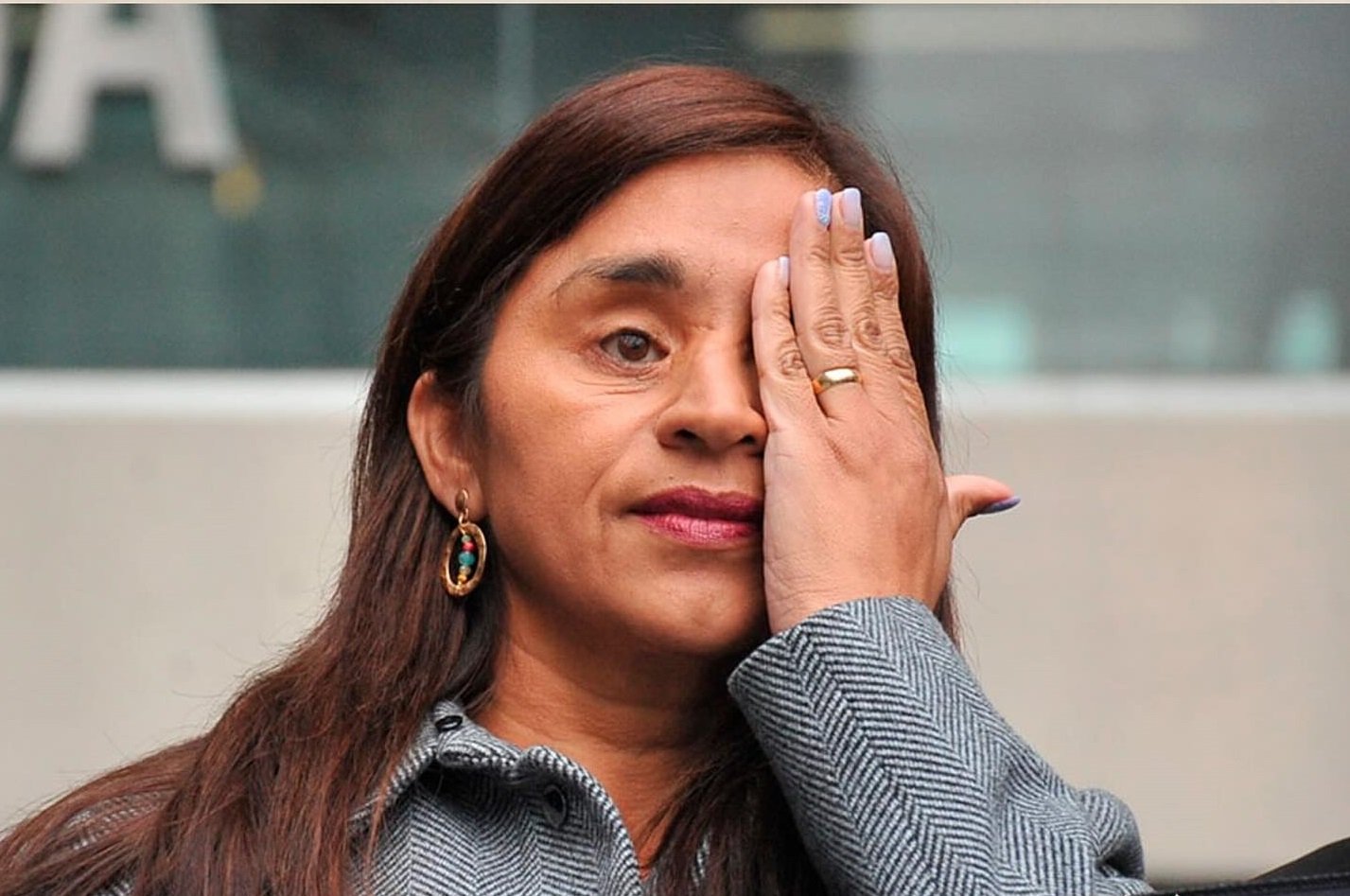
On the sixth anniversary of the social crisis of October 2019, Senator Fabiola Campillai, who suffered permanent blindness due to institutional violence, shared a column denouncing the ongoing impunity in cases of human rights violations and demanding concrete responses from the State.
In her piece titled «18-O: Moving Towards a Grassroots Policy,» the senator recalls that Chile experienced «the most significant crisis of human rights violations in 30 years,» resulting in approximately 40 fatalities, over 400 eye traumas, and hundreds of victims of torture and sexual abuse. She expresses outrage that «today, less than 1% of these cases have resulted in convictions, leaving a shroud of impunity.»
Campillai, who was elected senator with a historic majority after these events, accuses the State of neglecting victims seeking justice and their family members, a situation that has tragically led some to form thoughts of «suicide.» She emphasizes that the State’s response to protests demanding social change was brutal, particularly against the most marginalized and vulnerable populations.
The senator calls for learning from history, urging the State to respond to citizens’ demands for truth, justice, comprehensive reparations, and guarantees of non-repetition. She raises questions about how to build a fair country with equal opportunities and dignified lives, which remain highly relevant.
«Now more than ever, Chile needs politics to be constructed from the territories, from the most sidelined sectors,» she asserts, committing to continue bringing social justice and truth demands to Parliament in light of institutional violence.
Finally, Campillai reiterates her demands for the State to judge and condemn those responsible for institutional violence and to take responsibility for the comprehensive reparations of victims’ families, stressing that «it has almost always been the most marginalized, neglected, and vulnerable sectors that bear the brunt of injustice.»
